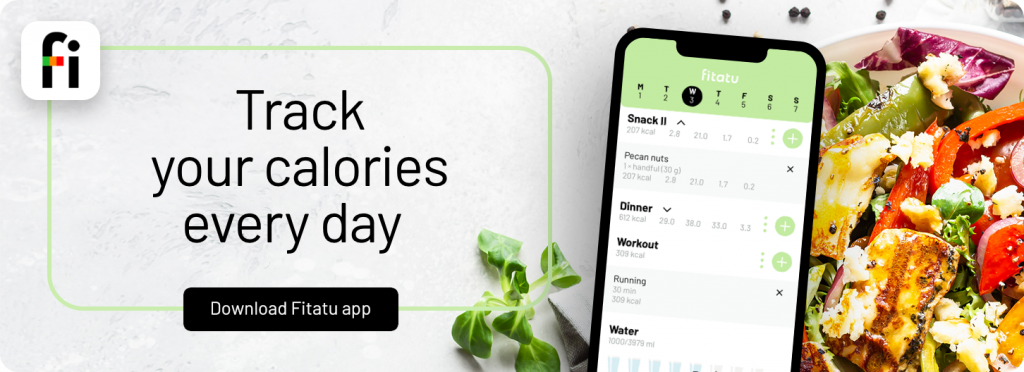IBS, or Irritable Bowel Syndrome – what to eat and what to avoid?

Irritable Bowel Syndrome (IBS) is a chronic digestive system disorder characterised by abdominal pain and bowel movement irregularities. The key to alleviating symptoms can be an appropriate diet and a lifestyle change. Find out what a person with IBS should eat.
Irritable Bowel Syndrome (IBS) is an increasingly common digestive system disorder. Although this condition is not considered a serious health threat, it can significantly lower the quality of life of those affected. A proper diet plays a pivotal role in controlling IBS symptoms. Do you know what to eat and what to avoid if you have IBS?
What is Irritable Bowel Syndrome?
It’s a chronic disease of the small and large intestine, primarily presenting with abdominal pain and bowel movement disorders. The causes of IBS still need to be fully understood. Genetic, environmental, and factors related to the functioning of the intestines and nervous system influence its development.
Symptoms
IBS can manifest in various forms, depending on which the symptoms also differ:
- Diarrhoea predominant: The most common symptoms are diarrhoea, sudden bowel urgency, and abdominal pain.
- Constipation predominant: Constipation, a feeling of incomplete bowel movement, and abdominal pain are dominant.
- Mixed: Patients experience both diarrhoea and constipation.
Diet in IBS
The main treatment for IBS is maintaining an appropriate diet. Dieticians and gastroenterologists recommend the low FODMAP diet as one of the best ways to control IBS symptoms. FODMAP stands for fermentable oligo-, di-, mono-saccharides, and polyols, which can trigger symptoms in those with IBS. The low FODMAP diet involves excluding or significantly limiting products containing them.
Which products to avoid in IBS?
- Products rich in fructose e.g., apples, pears, mangoes, honey, dried fruits, citrus
- Products rich in lactose e.g., milk, yogurt, cottage cheese
- Fructans: garlic, onion, leek, wheat
- Galactans: beans, lentils, chickpeas, Brussels sprouts
- Polyols: xylitol, maltitol, and other sweeteners
- Highly processed products e.g., fast food
Dietary recommendations for people with IBS:
- Implement the low FODMAP diet under specialist supervision.
- Drink at least 2 litres of water daily.
- Limit the intake of fatty foods.
- Eat smaller meals at regular intervals.
- Limit the consumption of coffee and other caffeine-containing beverages.
- Avoid alcohol and carbonated drinks.
- Monitor fibre intake. It’s necessary, but too much can cause adverse symptoms.
- Include probiotic supplementation with strains studied for IBS e.g., Lactiplantibacillus (formerly Lactobacillus) plantarum 299v.
Other actions helpful in IBS
While diet is the most crucial factor influencing the health and well-being of people with IBS, actions aren’t limited to it. Moderate physical activity and the ability to cope with stress or anxiety can also significantly reduce symptoms. In this area, consultation with a psychologist or psychotherapist is recommended.

Fitatu® Support Group
Reaching your goal is easier with the support of others! Join our Fitatu Facebook group and achieve your goals together with other Fitatu® app users. With the group members, you can share your results every day and motivate each other to keep going.
Fitatu® App
Not yet familiar with Fitatu®? Download the app from the Play Store or Apple Store and start taking charge of your health with us! Do you want to have access to all the features? Go for Fitatu® Premium! For blog readers, we have a special discount code: IBS-2T. Go to https://www.fitatu.com/app/order-and-payment and claim a 20% discount on Fitatu® Premium annual plans. The code combines with other promotions.
What else can you find in Fitatu® Premium?
- Over 2,000 recipes plus dozens of new ones every month,
- additional intermittent fasting plans,
- possibility to create shopping lists,
- 6 pre-prepared meal menus,
- filtering of products and recipes,
- more synchronization with fitness apps,
- access to the app in the web version,
- no adverts!
Bibliography:
- Halmos, E.P., Power, V.A., Shepherd, S.J., Gibson, P.R. and Muir, J.G., 2014. A diet low in FODMAPs reduces symptoms of irritable bowel syndrome. Gastroenterology, 146(1), pp.67-75.e5.
- Chey, W.D., Kurlander, J. and Eswaran, S., 2015. Irritable bowel syndrome: a clinical review. JAMA, 313(9), pp.949-958.
- E. (2017) Low-FODMAP Diet Improves Irritable Bowel Syndrome Symptoms: A Meta-Analysis, Nutrients; 9(9): 940.





